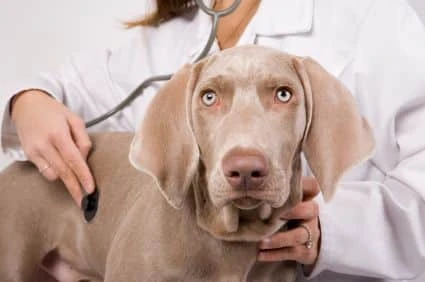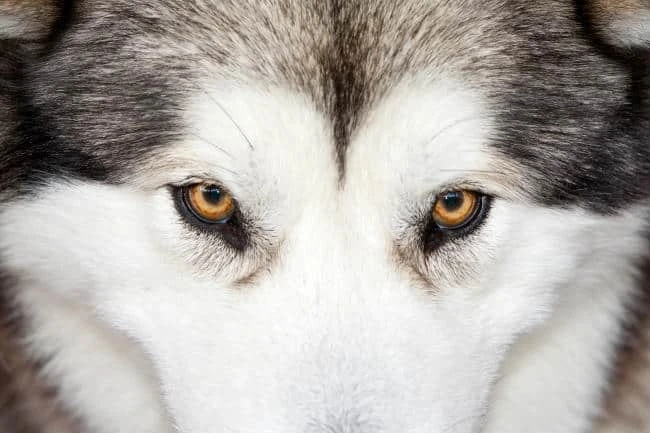Canine Lupus: It's diagnosis, causes, symptoms and treatment

A Guide to Canine Lupus…

Canine Lupus causes a culmination of problems including symptoms normally associate with liver failure, kidney failure, arthritis, severe anemia, dry skin and skin infections problems in your dog. The condition can also affect the lungs, heart and even the joints.
There are two forms of the disease including Canine Systemic Lupus and Canine Discoid Lupus. CDL is more common than CSL and mainly affects the nose and face. Canine Discoid Lupus is also more common in certain breeds including Collies, Shetland Sheepdog’s, Siberian Huskys, Short Haired Pointers and German Shepherds.
Canine lupus or Lupus Erythematosus is a disease that effects a dog’s immune system. Basically the reasons behind these problems are due to antibodies attacking the body tissues.
What are the Symptoms of Lupus in Dogs…
The symptoms of this disease can be quite extensive due to how many organs the disease can affect, but some of the symptoms can include…
1. Increased thirst.
2. You may also notice that your dog urinates more often. This is due to the Kidneys being affected
3. Your dog may become lame. Lameness is due to the joints being affected with arthritis.
4. Hair loss can also develop.
5. Skin problems may also develop – including lesions and crusting.
6. Severe Anemia causing pale gums can also develop.
7. Nasal scarring can also develop.
8. Your dog may become tired more easily.
9. Muscle pain can also develop.
The symptoms of Lupus can flare up and go into remission.
How is Systemic Lupus Diagnosed… Due to the fact that so many organs can be affected by the disease the number of different symptoms can make diagnosis more difficult.
The normal methods to diagnose the condition includes blood tests and a biopsy.
Conventional Treatment…
Discoid Lupus – The most common treatment for Discoid Lupus is through corticosteroids.
Systemic Lupus – This is more serious and will need chemotherapy and will also involve the affected organs being treated.
Natural Treatment…The natural treatment for this disease may include plant sterols and sterolins (they are natural substances found in fruits and vegetables, seeds and nuts). Some antioxidants may also be prescribed by a holistic vet including carnosine, alpha lipoic acid, coenzyme Q10 and Rhodiol. Vitamin E may also be prescribed for Discoid Lupus.
References:
Ackerman, L. 1995. Owners Guide to Dog Health.
Eldredge, d, Carlson, L, Carlson, D and Giffin, J. 2007. Dog Owners Home Veterinary Handbook.
Useful Links:
Wikipedia: Canine Discoid Lupus.
Lupus in a Nutshell!
Lupus (which is more commonly known as Lupus Erythematosus) is a serious health disorder that is seen in dogs and people. It is caused by a collection of abnormal antibodies that circulate in the blood causing a variety of problems.
There are two forms of the condition, Systemic Lupus Erythematosus normally only affects a variety of different organs (but also the skin) and Discoid Erythematosus only affects the skin.
Lupus is normally diagnosed through the Vet examining the dog as a whole. For example if the affected dog has a fever that is resistant to treatment and also has the other symptoms such as anemia, arthritis, skin problems and kidney and liver issues then the likely cause is Lupus. A vet will also undertake blood tests.
Canine Discoid Lupus
Discoid Lupus affects the nose. DSL is actually considered to be a less serious form of the condition and tends to affect German Shepherds, Collies, Siberian Huskies, Shetland Sheepdogs, Brittanys and Pointers. Due to the characteristic symptoms i.e. sores, crusts and depigmentation of the nose, diagnosis is very easy. You have probably heard of ‘Collie Nose’. This is a form of Discoid Lupus.





